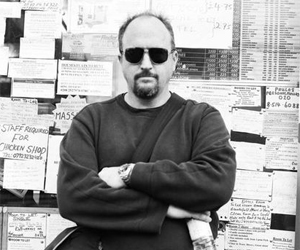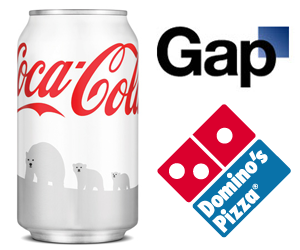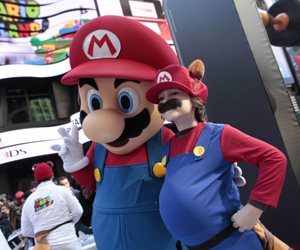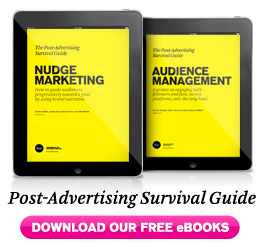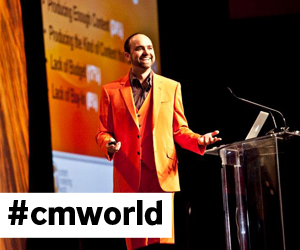
5 Tweetable Lessons Learned from Content Marketing World
This past week I had a front-row seat at the largest content-marketing conference in the world, aptly named Content Marketing World. Hosted by our friends at the Content Marketing Institute, Content Marketing World was two full days of rubbing elbows with those in marketing (more than 1,000) who understand the value of using a coordinated array of media to engage consumers, deliver value and tell a brand’s story.
With speakers like Mark Schaefer (of Post-Advertising Summit fame), Jason Falls, Jay Baer, C.C. Chapman, Mitch Joel, Ann Handley and Jack Hanna (yes, that Jack Hanna), the conference armed me with a plethora of content-marketing tips to tweet to my followers.
Here are 5 nuggets of content-marketing knowledge and inspiration, short enough for you to tweet, that were imparted at Content Marketing World.


